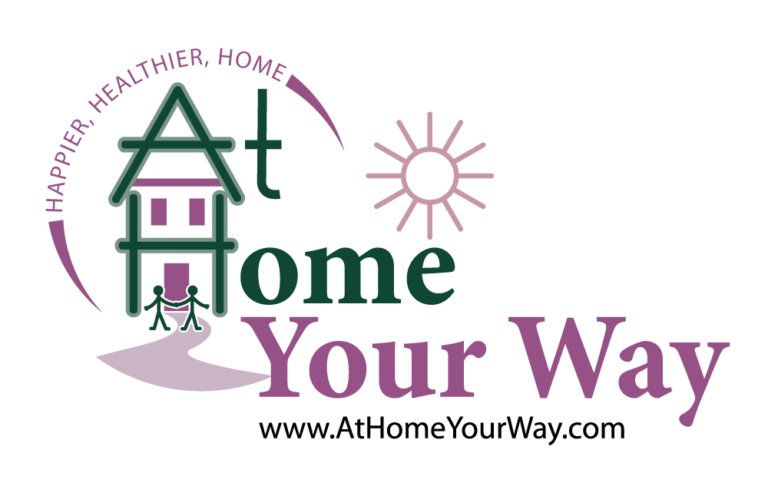Special Education
History
The Individualized Education ProgramA legally-binding document that sets out the rationale for providing special education supports and services to your child, specific objectives that your child is to achieve during the year, and enumerates which related services, modifications, and accommodations, if any, he or she will receive. More, commonly referred to as an IEP, is supported by the Individuals with Disabilities Education Act (IDEA)Originally passed in 2004, this federal law guarantees “free and appropriate” public education to American children with disabilities, ensuring special education and early intervention programs that are tailored to their individual needs..
IDEA is a United States federal law that governs how states, school districts, and public agencies provide early interventionSupports and services to infants and toddlers from birth through age two who are not developing as expected or who have a medical condition that can delay normal development. Often focused on increasing the child’s participation in family and community activities that are important to the family, and on helping parents and other caregivers know how to find ways to help the child learn during everyday activities., special educationSpecifically designed instruction, at no cost to the parents, to meet the unique needs of a child with a disability., and related services to children with disabilitiesThe Americans with Disabilities Act (ADA) defines a person with a disability as a person who has a physical or mental impairment that substantially limits one or more major life activity. This includes people who have a record of such an impairment, even if they do not currently have a disability. It also includes people who do not have a disability but are regarded as having a disability. The ADA also makes it unlawful to discriminate against a person based on that person’s association with a person with a disability. More. It focuses mostly on the educational needs of children with disabilities.
Educational Rights & Supports
- Section 504 of the Rehabilitation Act of 1973Section 504 of the Rehabilitation Act of 1973 (504 Plan) is a federal law designed to protect the rights of people with disabilities in programs and activities that receive Federal financial assistance from the U.S. Department of Education (ED). is a civil rights law designed to eliminate discrimination on the basis of disability in any program or activity receiving Federal financial assistance. Section 504 guarantees certain rights to people with disabilities, including the right to full participation and access to a free and appropriate public education (FAPE) to all children regardless of the nature or severity of the disability.
- Free Appropriate Public Education, or FAPE is an educational right of children with disabilities in the United States that is guaranteed by the Rehabilitation Act of 1973 and the Individuals with Disabilities Education Act (IDEA). Under Section 504, FAPE is defined as “the provision of regular or special education and related aids and services that are designed to meet the needs of handicapped persons as well as the needs of non-handicapped persons are met and based on adherence to procedural safeguards outlined in the law.”
General Information
An IEP is meant to ensure that students receive an appropriate placement and supports in the least restrictive setting. It is meant to give the student a chance to participate in general education settings as much as possible for that student.
It’s best to know your child’s rights and keep a level head when advocating for their education.
A few things to keep in mind:
- Private schools in the US are not governed by IDEA or 504 unless they accept funding from the US government.
- An IEP can be modified as needed, according to your child’s needs and goals.
- You do not have to sign the IEP at the meeting.
Graduating High School in Virginia
Students meeting Virginia’s graduation requirements achieve the Commonwealth’s standards and graduate from high school with workplace skills, an understanding of their responsibilities as citizens, and career plans aligned with their talents, interests, and experiences.
There are various diploma options for people with disabilities:
Graduating Post-Secondary School in Virginia
College is now more accessible than ever to people with disabilities. With advanced planning, people can reach post-secondary education goals.
Useful IEP Tools
Useful Links
Federal Sites
Virginia Sites
- disAbility Law Center of Virginia
- George Mason University: Virginia’s Training and Technical Assistance Centers (TTAC)
- Including Me in Virginia
- Parent Educational Advocacy Training Center (PEATC)
- Special Education Advisory Committee
- Virginia Board for People with Disabilities: Youth Leadership Academy
- Virginia Commonwealth University: Center for Family Involvement
- Virginia Council for Exceptional Children
- Virginia Family Special Education Connection
